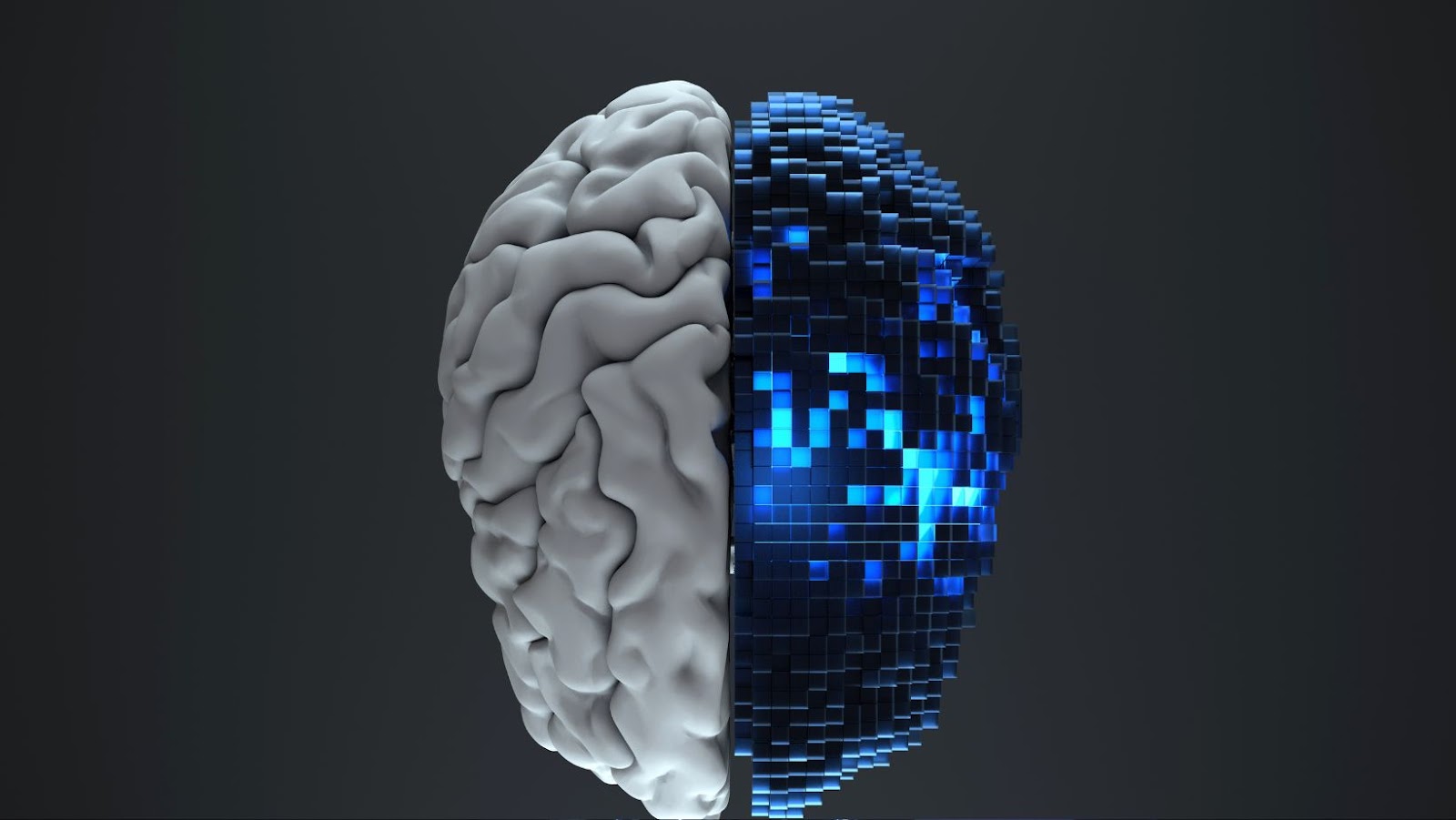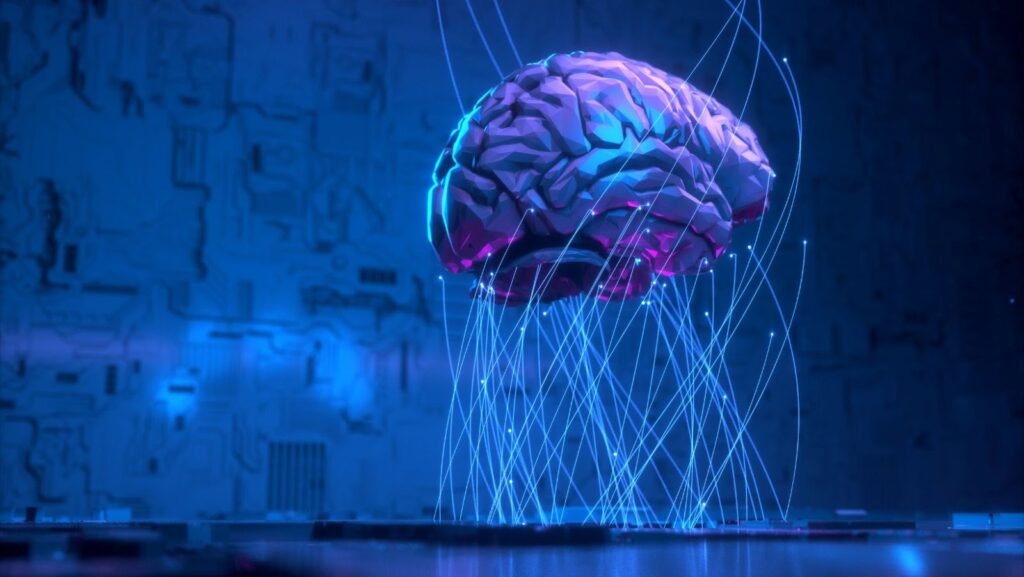AlphaGo is a computer program developed by Google DeepMind that can play the board game Go. AlphaGo’s success raised many questions about how machines learn and the implications of AI on our society.
In this article, we’ll look at what AlphaGo can teach us about how people learn, and why this understanding is important to the development of AI.
Explain what AlphaGo is
AlphaGo is a computer program developed by Google DeepMind to teach the ancient Chinese game of Go to computers. It has broken new ground in terms of teaching computers how to think and solve problems, and has opened up an entirely new world of possibilities for AI research.
AlphaGo uses a two-fold approach in its learning process. First, it learns with deep neural networks that use algorithms developed by Google DeepMind’s artificial intelligence team. These networks capture patterns of board patterns and help AlphaGo hone its strategy as it plays more games. Second, AlphaGo enhances itself through reinforcement learning – essentially teaching itself strategies through trial and error playing against itself over millions of Go games until it reaches the highest level possible in competition. Throughout this process, AlphaGo constantly updates its “neural grid” – which structures evaluation computations from the numerous positions throughout each game – with the latest data acquired from its training games.
This unique blend of advanced computing techniques provides AlphaGo with a powerful set of tools for learning how to win at Go, which can carry over into other fields such as image recognition, natural language processing, autonomous driving, robotics and more.
How AlphaGo Learns
AlphaGo is a computer program developed by DeepMind to play the game of Go, a two-player strategic board game. AlphaGo uses deep learning algorithms to teach itself to play Go, which has inspired a lot of research into how AI can learn.
In this article, we will explore how AlphaGo learns and what we can learn from it about how people learn.
What AlphaGo Can Teach Us About How People Learn
AlphaGo uses a form of Artificial Intelligence called reinforcement learning to play the game of Go. Reinforcement learning is a type of machine learning in which a computer program interacts with its environment, discovers which actions lead to desirable outcomes and follows those paths continually. It is through this repetitive, trial-and-error process that AlphaGo studies the game and gradually learns how to improve its skills.
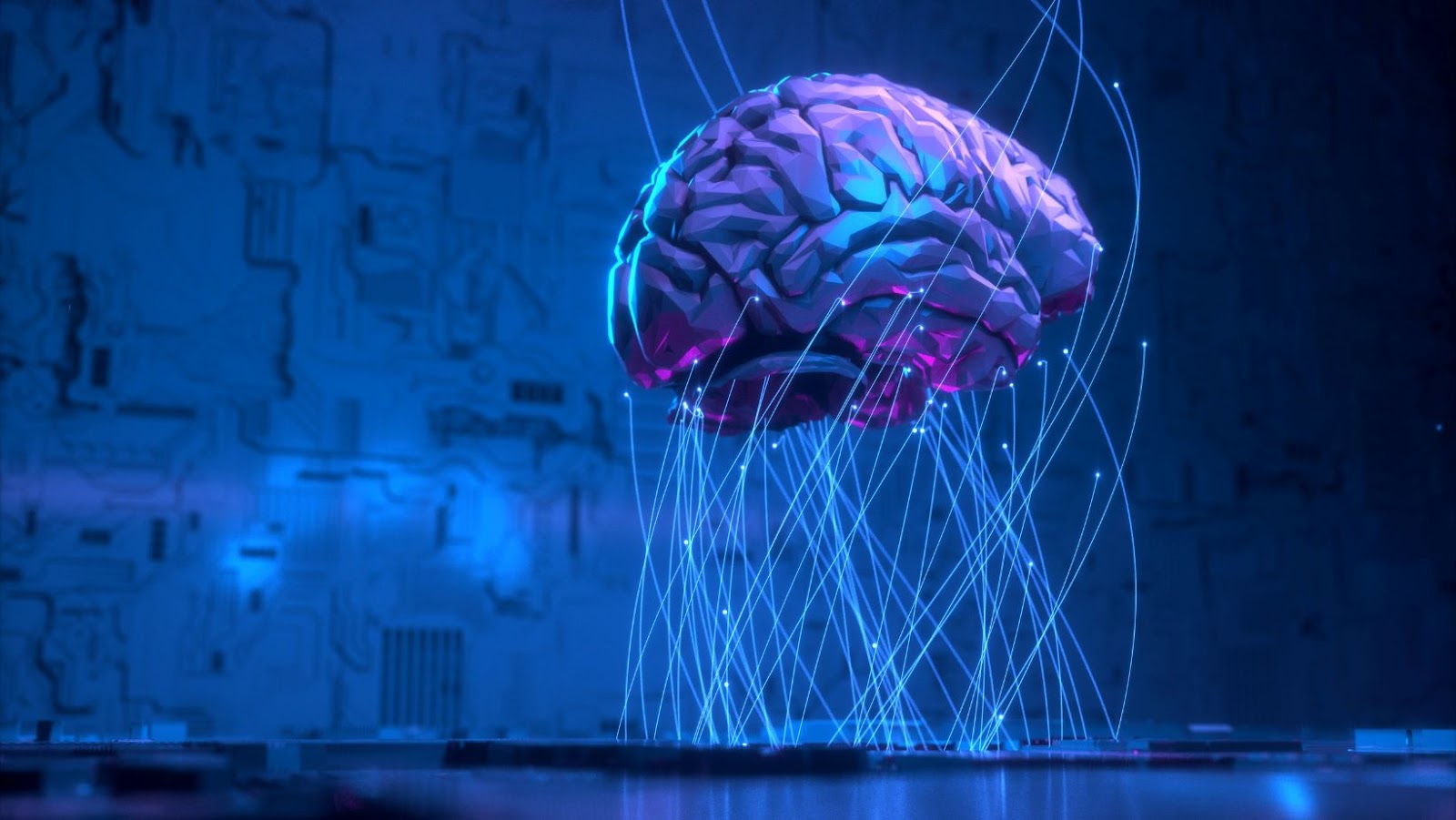
With reinforcement learning, agents (in this case, AlphaGo) can learn from both positive and negative feedback given by its environment; it finds patterns in these rewards that can then be used to guide future decision making. For example, when given penalty points for making bad moves or rewarded points for playing well, AlphaGo ‘learns’ what action leads to optimal outcome and avoids any action that could end with a penalty point.
Through reinforcement learning AlphaGo discovered pattern recognition capabilities such as complex relationships between different playing positions on the board which other Go computer programs lack because usually they tend to rely on rules rather than pattern recognition. This allowed AlphaGo to beat the reigning Go world champion Lee Sedol by 4 games during an intense match in 2016.
Ultimately, AlphaGo teaches us the importance of introducing sustainable reward systems into our workflows and processes so that we can “learn” more effectively from past experience rather than relying purely on known information like earlier programs tried to do before it. Learning from experience is ultimately helpful in whatever task or project you are undertaking because it allows us adaptable tools for any situation that may arise.
Describe the neural networks used by AlphaGo
AlphaGo, Google DeepMind’s AI Program, uses two different deep neural networks to learn the game of Go. The first is a policy network, which maps board positions directly to action probabilities. The second is a value network, which gives an estimate of the expected outcome (win or lose) from each board position.
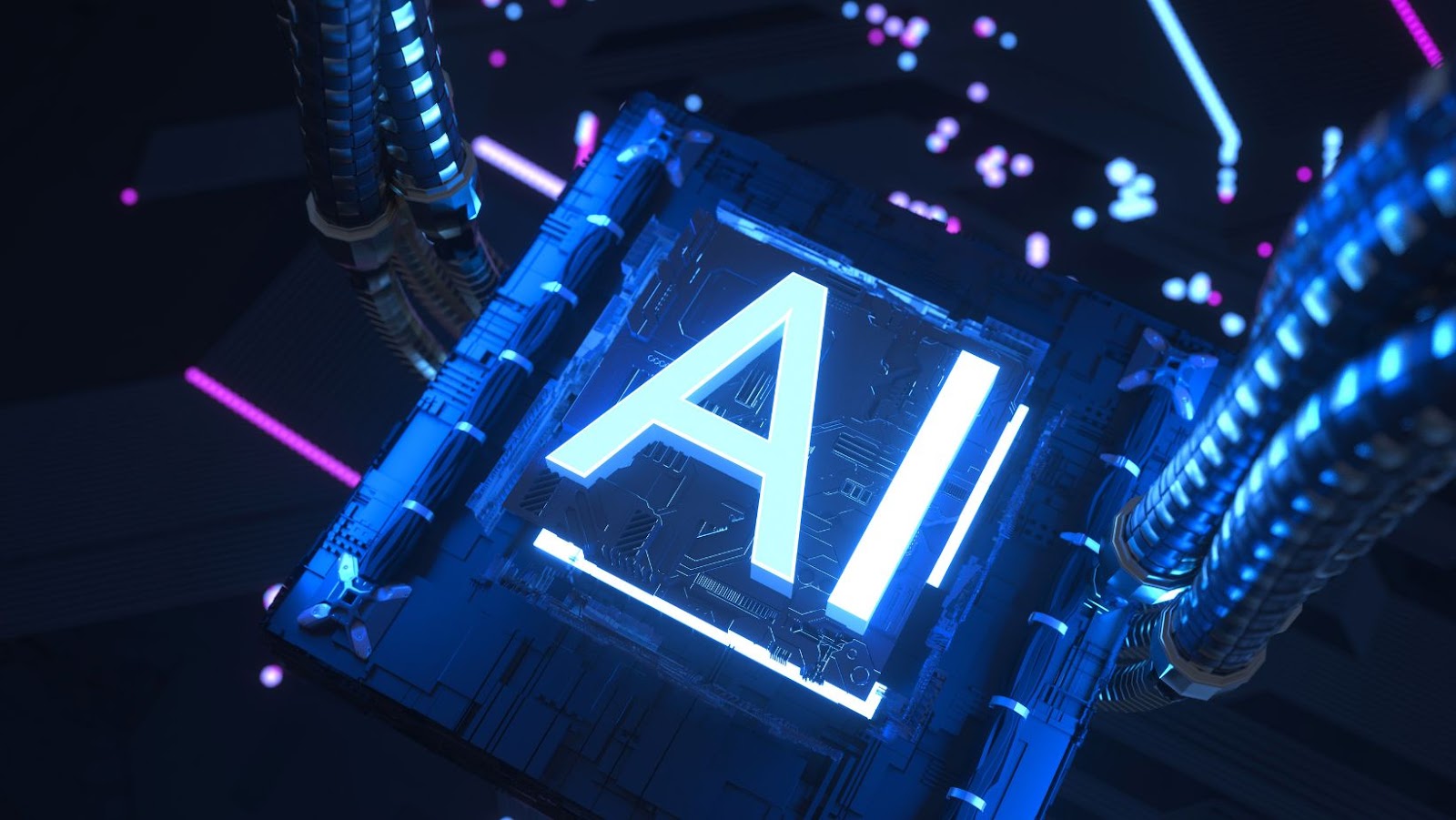
The policy network is the core algorithm used by AlphaGo to determine the best move it can make at any given point in a game. It consists of several layers of artificial neurons and weights, or parameters, that are adjusted as it learns a better representation of the state-action space. As AlphaGo plays games with itself and with human players over time, it adjusts its neural networks so that it can better evaluate possible moves and select those that give it an advantage over its opponents.
The value network evaluates how well AlphaGo is doing in any given position within a game and predicts whether victory is likely or not from there on out. This allows AlphaGo to evaluate all of its options more accurately by looking beyond just individual moves and considering their contribution towards an overall strategy for winning the game.
AlphaGo effectively combines these two deep neural networks with Monte Carlo Tree Search (MCTS) to create a powerful machine learning system that has allowed it to achieve superhuman performance in Go – outperforming even the very best professional players in world championships.
Discuss how AlphaGo uses Monte Carlo Tree Search (MCTS)
AlphaGo uses a Monte Carlo Tree Search (MCTS) for its thinking. The algorithm works by exploring potential moves over and over again, trying to collect possible reward outcomes from different moves. AlphaGo searches the game tree and creates many potential futures, then evaluates which series of moves leads to the best one by running simulations with randomly chosen parameters.
Monte Carlo Tree Search is an iterative search process that starts with the current position in a game and gradually improves estimates of the value of each move by running more simulations. MCTS begins by being “stochastic”, randomly visiting available actions and collecting data on the rewards each move will yield. It then uses this data to evaluate which action it should take next in order to achieve maximum reward. MCTS has been shown to have superior game-playing performance compared to other search tree algorithms like Negascout (alpha-beta pruning).
The technique is also known for its exploration properties; it encourages AI agents to explore all possible options beyond just those that lead to maximum gain in a single run. This exploration allows AlphaGo—and other AIs using Monte Carlo Tree Search—to find innovative strategies for winning games when there may not be an obviously optimal solution or when creative play or adaptability can lead to victory.
What AlphaGo Can Teach Us About How People Learn
AlphaGo is a computer program developed by DeepMind technologies that uses a combination of advanced machine learning techniques to play the game Go. It has been a big breakthrough in the field of artificial intelligence, and it has many lessons to teach us about how people learn.
In this article, we’ll explore the ways in which AlphaGo can teach us about how people learn and how to better utilize its lessons to our benefit.
Discuss how AlphaGo can help us understand human learning
AlphaGo is an artificial intelligence system that was developed by Google’s DeepMind team, and programmed to play the ancient Chinese game of Go. AlphaGo electrified scientists and AI enthusiasts when it won a best-of-five series against Korean Go master Lee Sedol in March 2016, becoming the first computer program to ever defeat a professional human player of the ancient game at its full size and complexity.
Though AlphaGo has reshaped our understanding of AI, it is also giving us new insights into how people learn. In tackling the game of Go, AlphaGo relied on what machine learning specialists call “reinforcement learning” in which computer systems are exposed to certain patterns and then provided feedback on their success ratio. The system responds by adjusting its approach until all elements become convergent, so that it can then confidently apply them in practice situations.
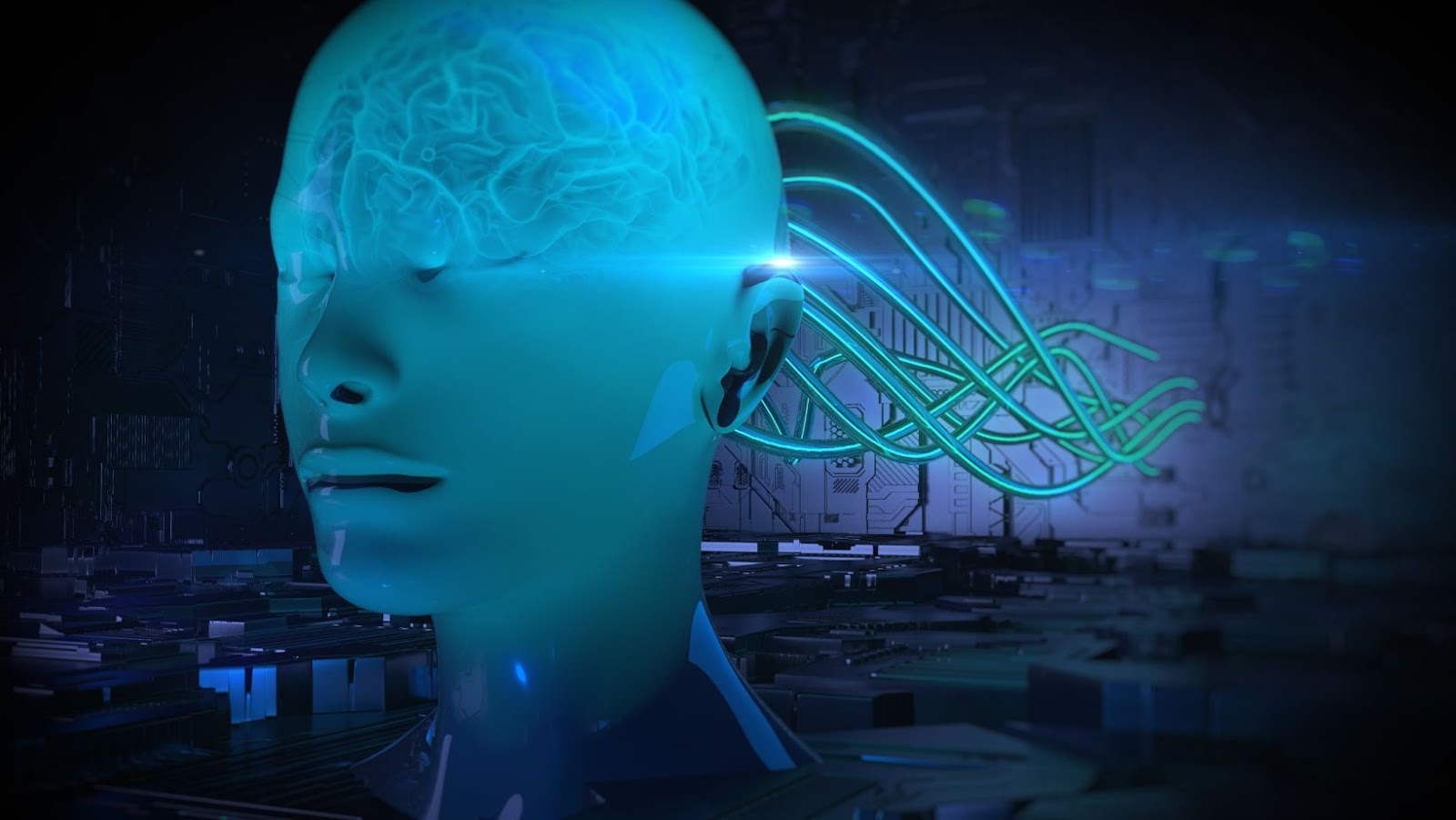
The same method is being applied to human studies on mastery — prompting us to question whether many current education methods need rethinking in order for learners to really understand mastery or deep learning outcomes. By using some of the same fundamentals as AlphaGo such as focused attention, incremental practice and reflective feedback, students could potentially be empowered with strategies that enable them to approach difficult topics perhaps more quickly than before and find meaningful ways forward more easily – helping them identify patterns, then apply and use knowledge with greater fluency.
Ultimately, we may even go so far as to ask if we should be integrating aspects computer science into regular classroom practice where appropriate? It may open up entirely new realms of teaching possibilities beyond any conceivable framework today – real-time interactive machines working collaboratively with students who should take notes from alphaGo’s success story when developing personalized learning pathways for talented innovators who seek out challenges for fun!
Explain how AlphaGo can help us design better learning algorithms
AlphaGo, the AI algorithm developed by Google DeepMind, is a groundbreaking achievement for artificial intelligence. It provides us with a unique insight into how machines can learn and adjust their strategies over time to play games such as Go.
In 2016, AlphaGo beat the world champion of the ancient Chinese board game of Go, Lee Sedol. It shocked the world and highlighted the potential of AI to outperform humans in complex intellectual tasks. By studying how AlphaGo works, scientists can learn more about how we learn in our everyday lives.
Unlike traditional machine learning algorithms, which are based on statistical methods such as probability or rule-based systems, AlphaGo uses deep neural networks inspired by the human brain to analyze data and adjust its strategy in real time. This enabled it to outperform even an expert Go player who had spent decades honing his craft.
This insight into how machines like AlphaGo can imitate our thought processes can help us design better learning algorithms for humans too – whether it’s helping doctors to diagnose disease or providing personalized education with adaptive teaching methods that account for each student’s individual needs. By understanding how AlphaGo learns and adapts over time in response to its environment, we can create better software that is tailored to humanity’s unique learning needs and behaviors.
Discuss how AlphaGo can help us develop better AI systems
AlphaGo, an artificial intelligence program developed by Google DeepMind, can teach us a lot about how people learn. In particular, AlphaGo has shown us the importance of experience-based learning. This is when programs are able to infer better strategies from a large number of “simulated” game experienced than by objective analysis of rules alone. AlphaGo demonstrated that it can improve its playing performance substantially by playing millions of games against itself (both winning and losing) over the course of months or years.
Furthermore, AlphaGO has provided insights into how people work with cognitive biases—the subtle influences on how we form beliefs and make decisions. Through the way AlphaGO “negotiates” with itself regarding the optimal strategy in any game configuration, we are able to identify these biases in ourselves. Additionally, this knowledge enables us to develop better AI systems that take into account our own human tendencies.
Lastly, AlphaGo provides a valuable tool in learning about our own limitations and trying to find ways to overcome them as part of our evolution into AI-assisted decision making in all aspects of life—not just games. By understanding when humans slip up or miss opportunities due to cognitive biases and limited information processing capacity, we can develop programs which encourage adaptive behaviour allowing for optimal decision making under any given situation or environment.

